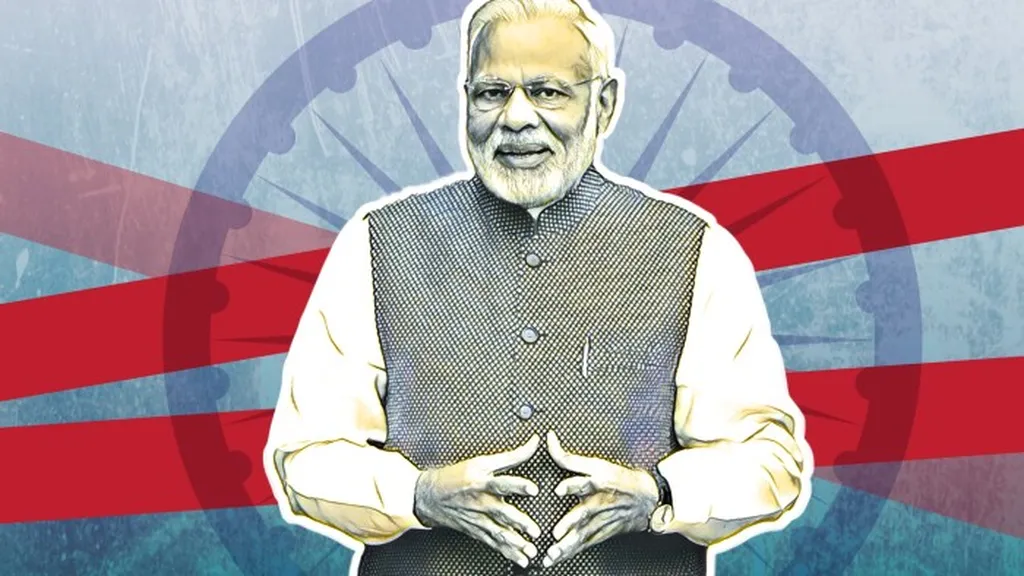In the ever-evolving landscape of India’s tax regime, a beacon of insight has emerged from the academic corridors of Moreshwar Arts Science and Commerce College in Bhokardan, Maharashtra. Satish M Dhoke, a distinguished scholar from the Department of Commerce, has spearheaded a study that could redefine the trajectory of India’s Goods and Services Tax (GST) reforms, with profound implications for the ease of doing business and economic competitiveness, particularly for micro, small, and medium enterprises (MSMEs) in the energy sector.
The study, published in the ‘International Journal of Emerging Research in Engineering, Science, and Management’ (translated as ‘International Journal of Emerging Research in Engineering, Science, and Management’), delves into the impact of next-generation GST reforms. These reforms encompass compliance simplification, tax slab rationalization, and digital automation. The research employs a mixed-methods approach, combining survey data from 200 GST-registered businesses with expert interviews, to paint a comprehensive picture of the current landscape and future possibilities.
Dhoke’s findings are nothing short of transformative. “Rationalization of GST slabs and simplification of compliance procedures significantly improve operational efficiency and reduce transaction costs,” Dhoke asserts. This is a game-changer for businesses, particularly in the energy sector, where operational efficiency is paramount. The study reveals that digital automation, in particular, emerges as a strong predictor of enhanced competitiveness. This underscores the urgent need for businesses to embrace digital transformation to stay ahead in the market.
The implications of this research are far-reaching. For the energy sector, which is grappling with the dual challenges of regulatory compliance and market competitiveness, the study provides a roadmap for navigating the complexities of GST. By streamlining compliance processes and leveraging digital automation, energy businesses can focus more on core operations and less on tax-related administrative burdens.
Moreover, the study underscores the strategic importance of GST rationalization for India’s economic growth. It’s not merely an administrative adjustment but a strategic imperative that can bolster the ease of doing business and enhance the country’s economic competitiveness on the global stage.
As we stand on the cusp of a new era in tax reforms, Dhoke’s research serves as a clarion call for businesses, policymakers, and stakeholders to rally behind next-generation GST reforms. The energy sector, in particular, stands to gain immensely from these reforms, paving the way for a more efficient, competitive, and digitally empowered business environment.
In the words of Dhoke, “The future of GST lies in its ability to adapt and evolve with the changing times. Rationalization is not just about simplifying taxes; it’s about fostering an environment where businesses can thrive and the economy can grow.” This vision, backed by robust research, sets the stage for a new chapter in India’s tax reform journey, with the energy sector poised to harness the benefits of a more streamlined and competitive GST regime.

